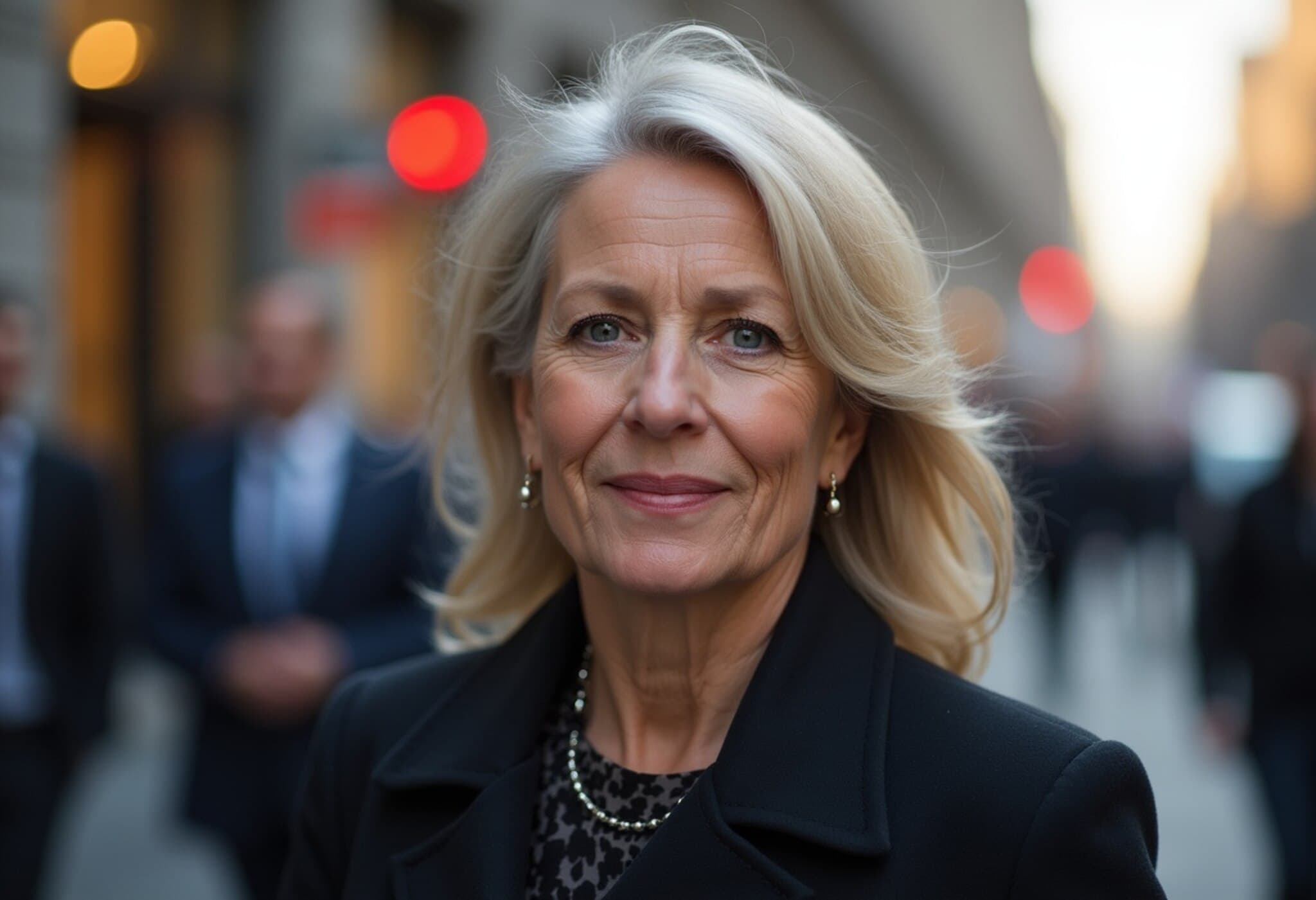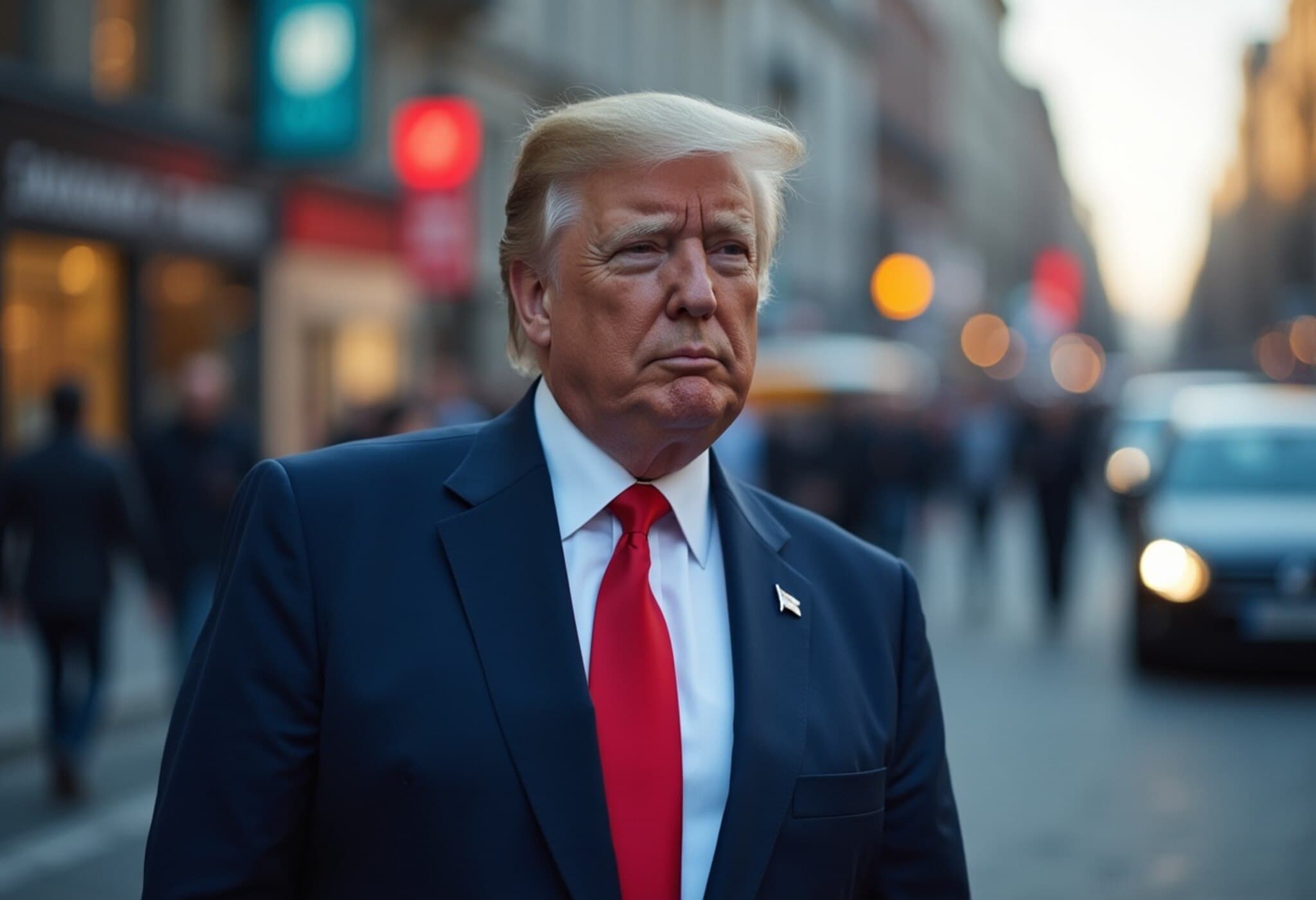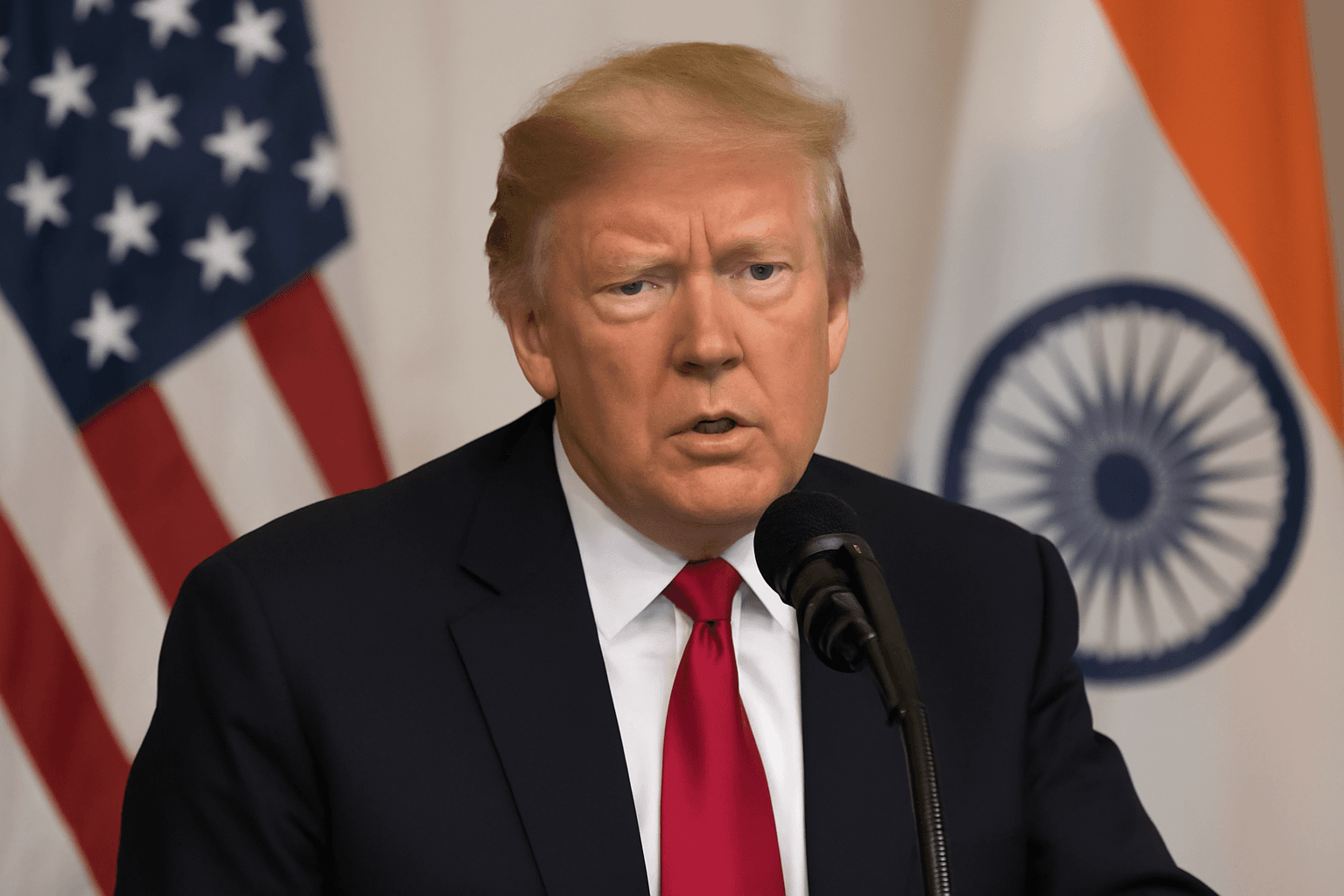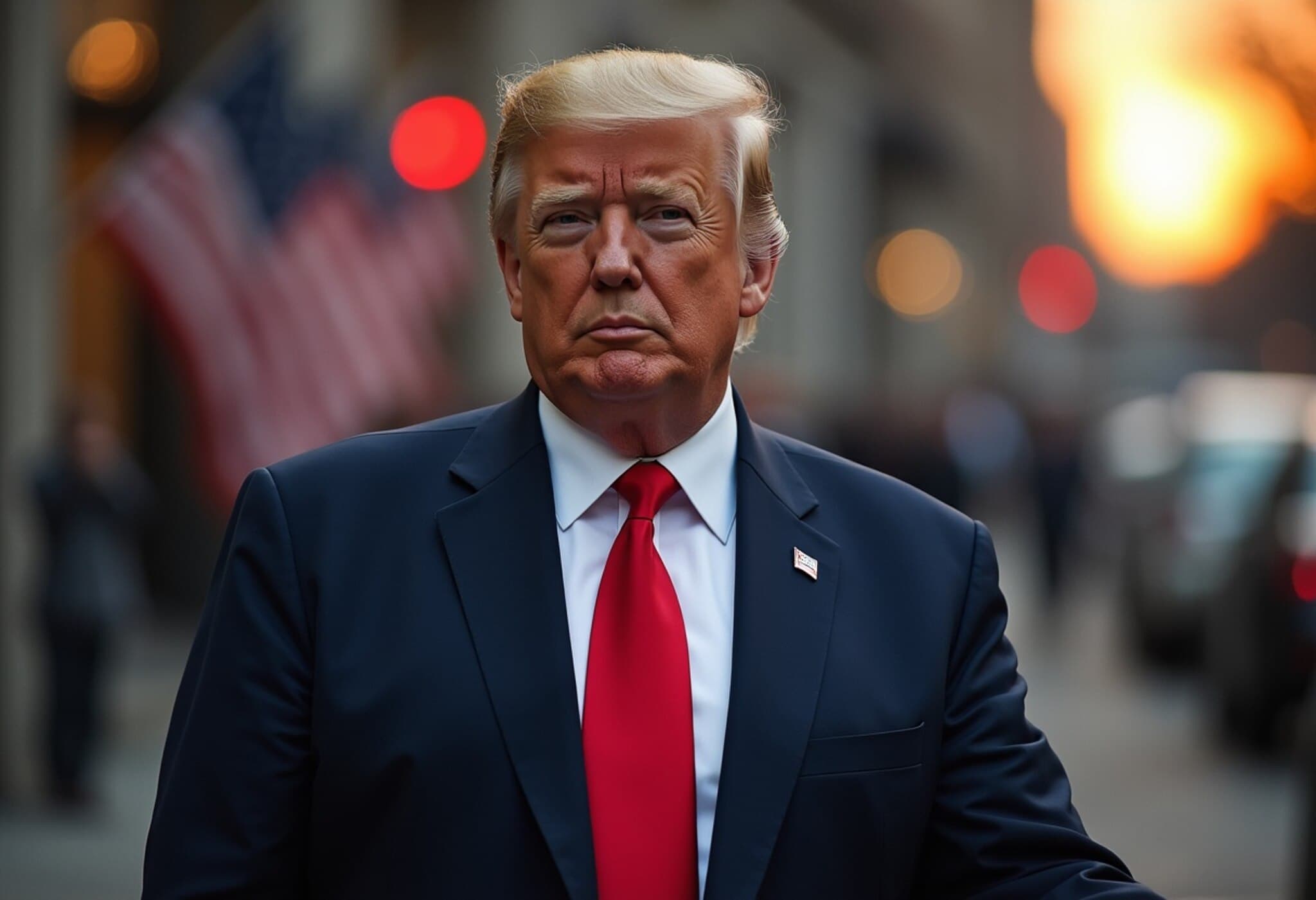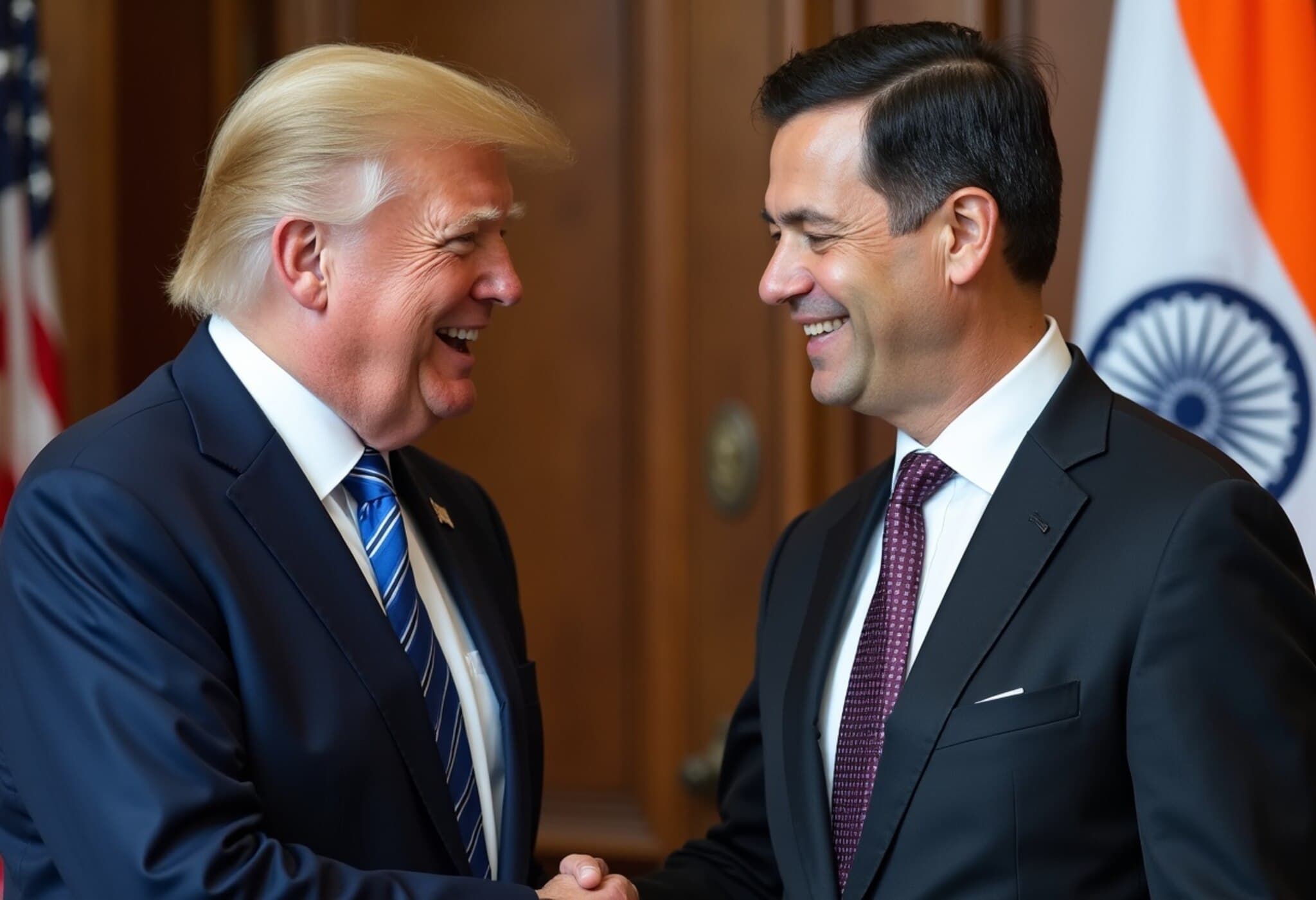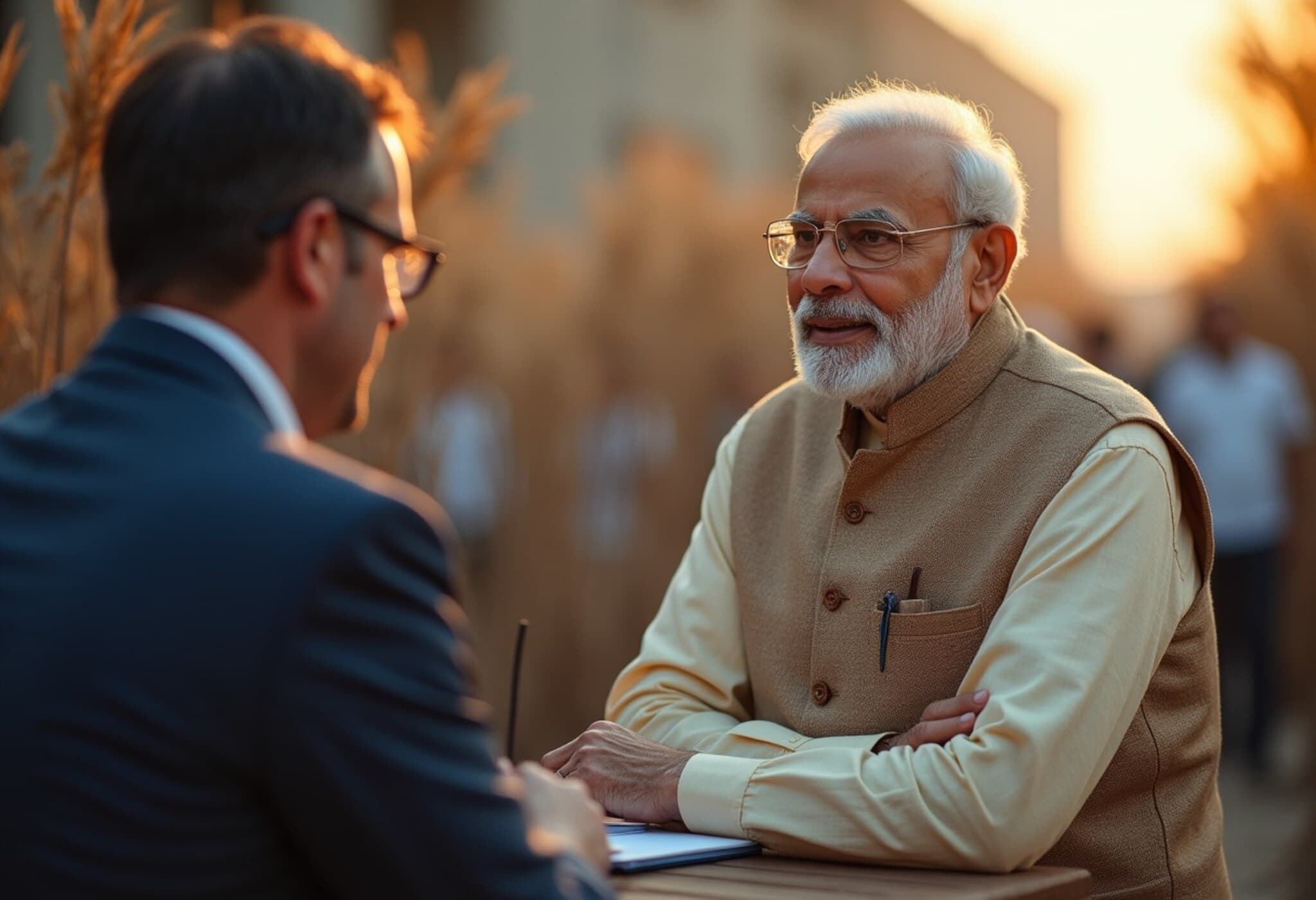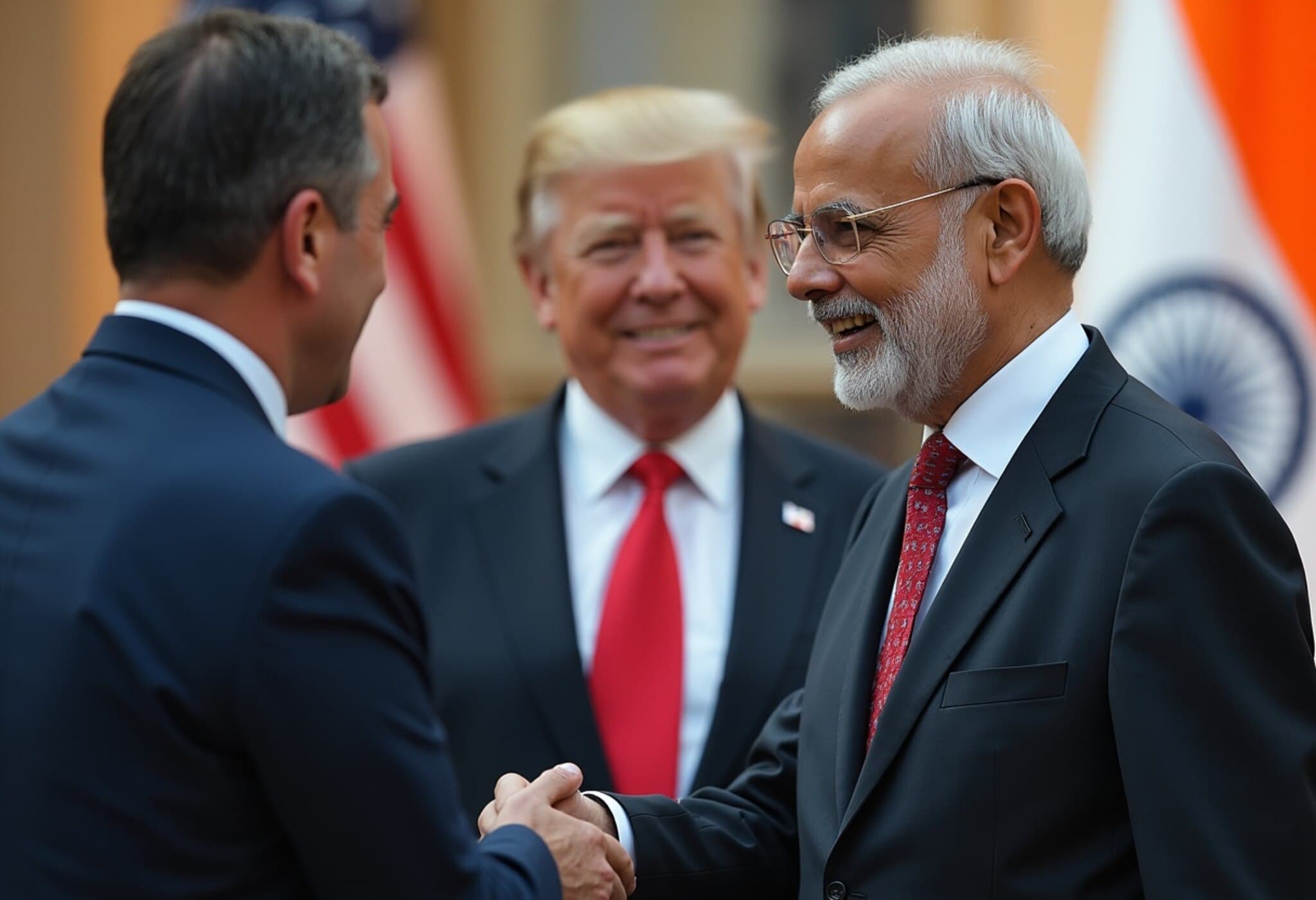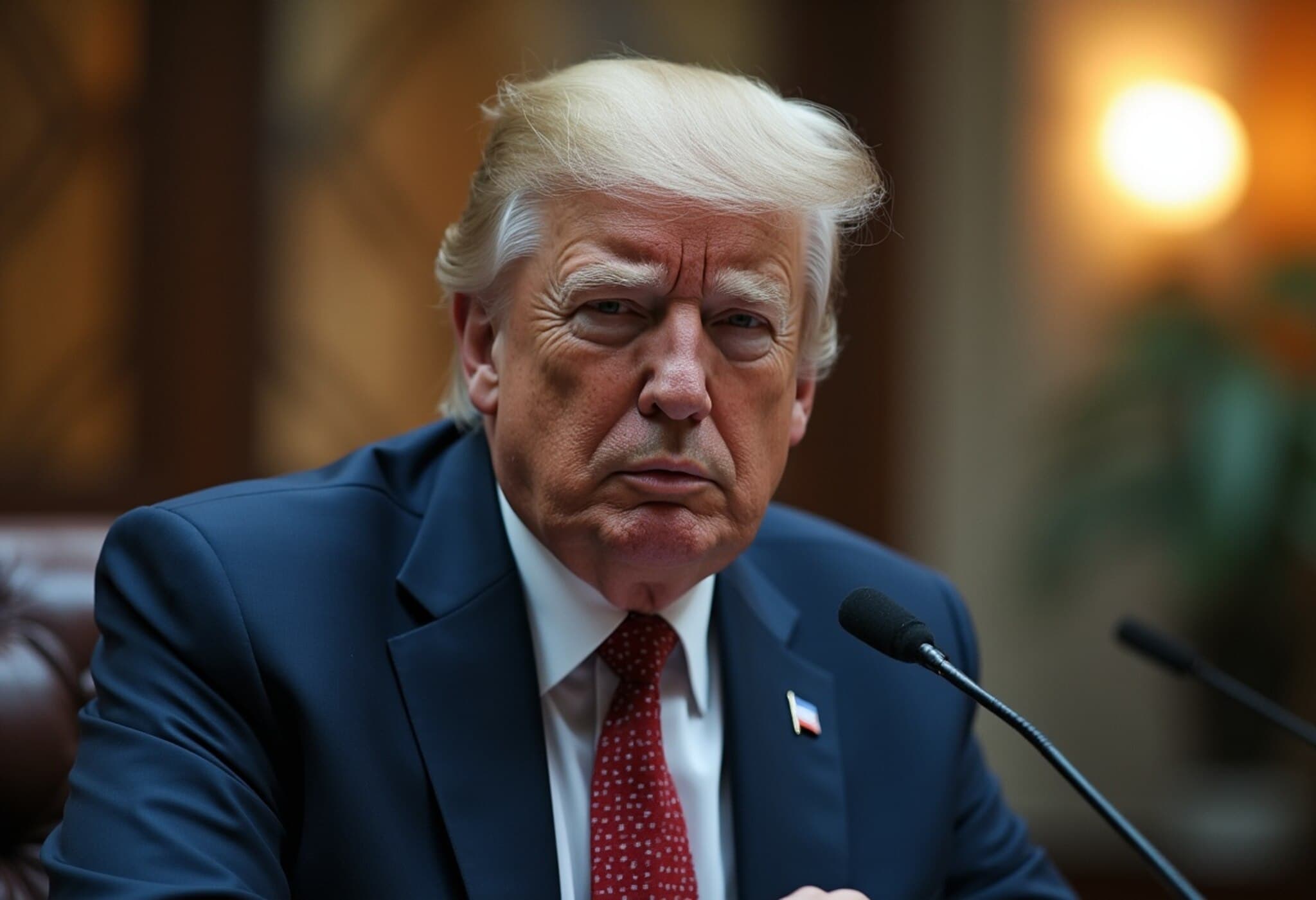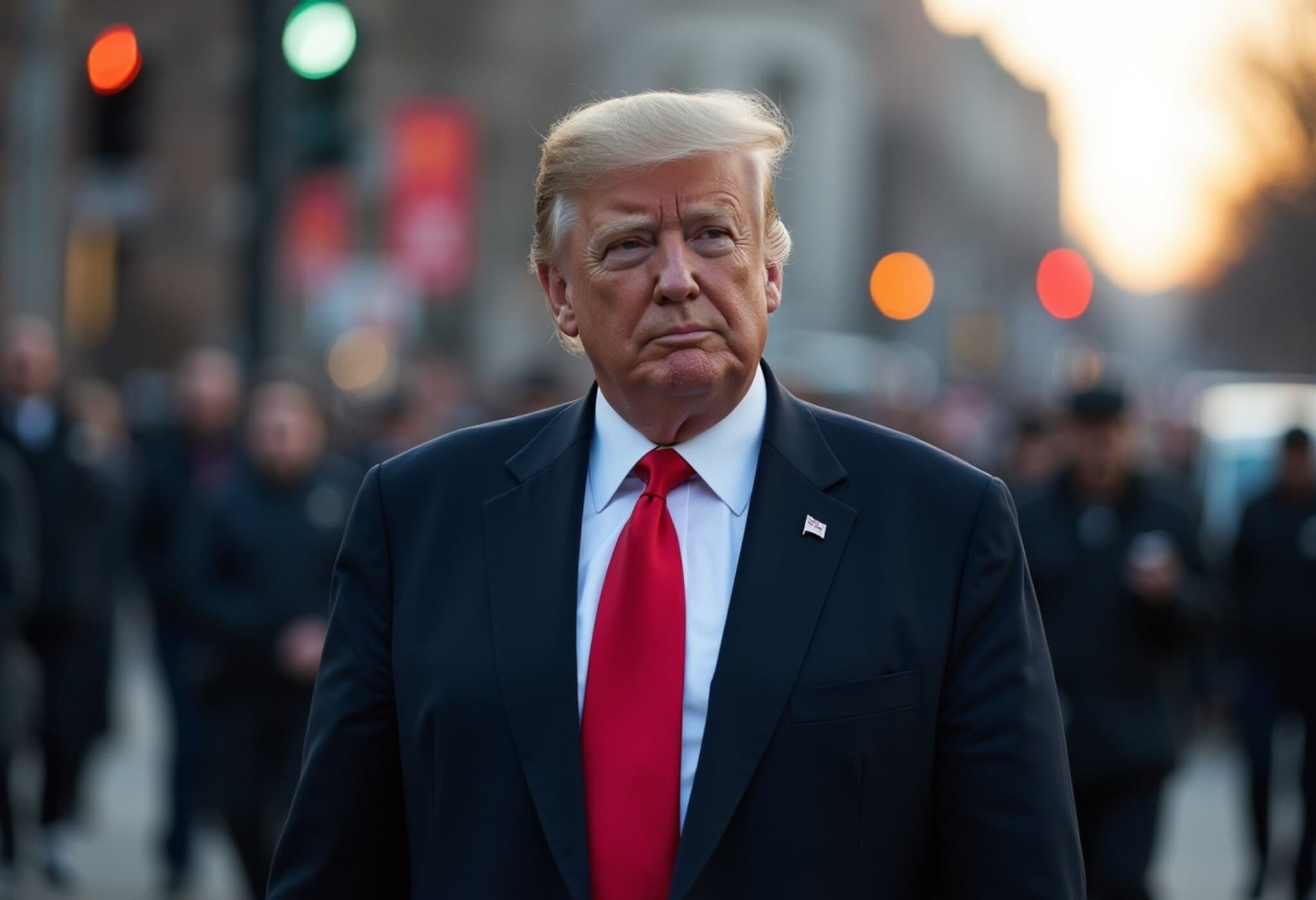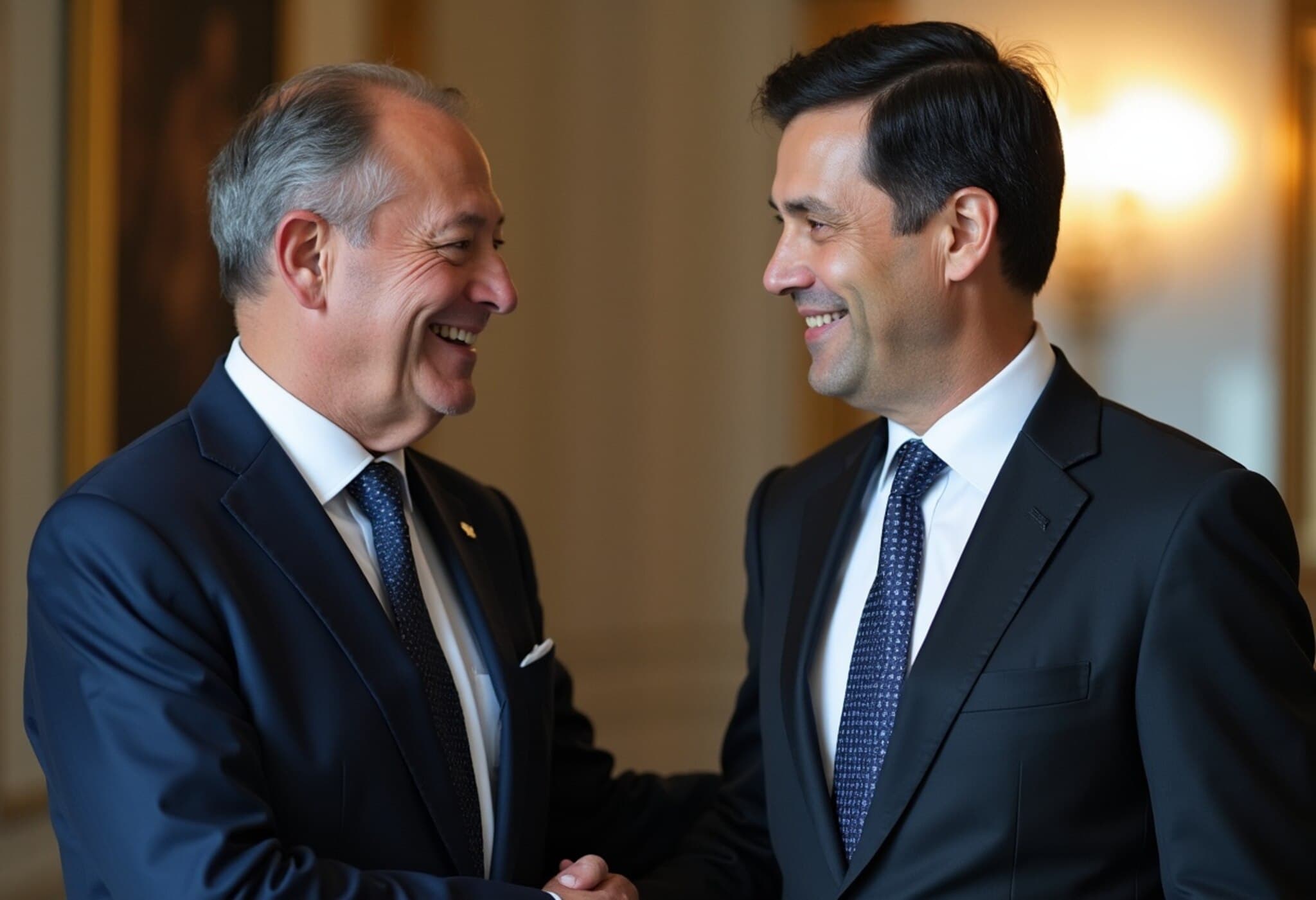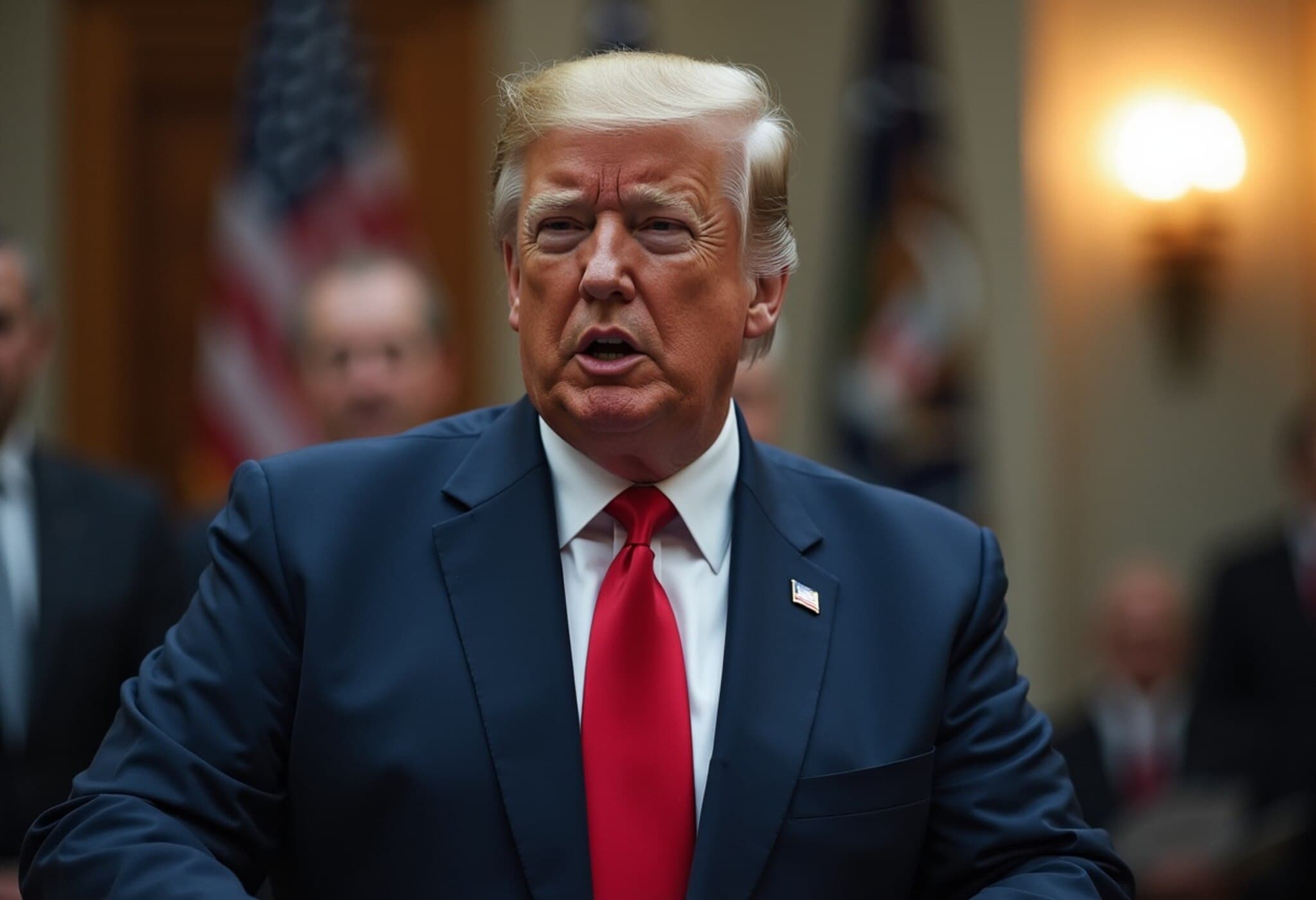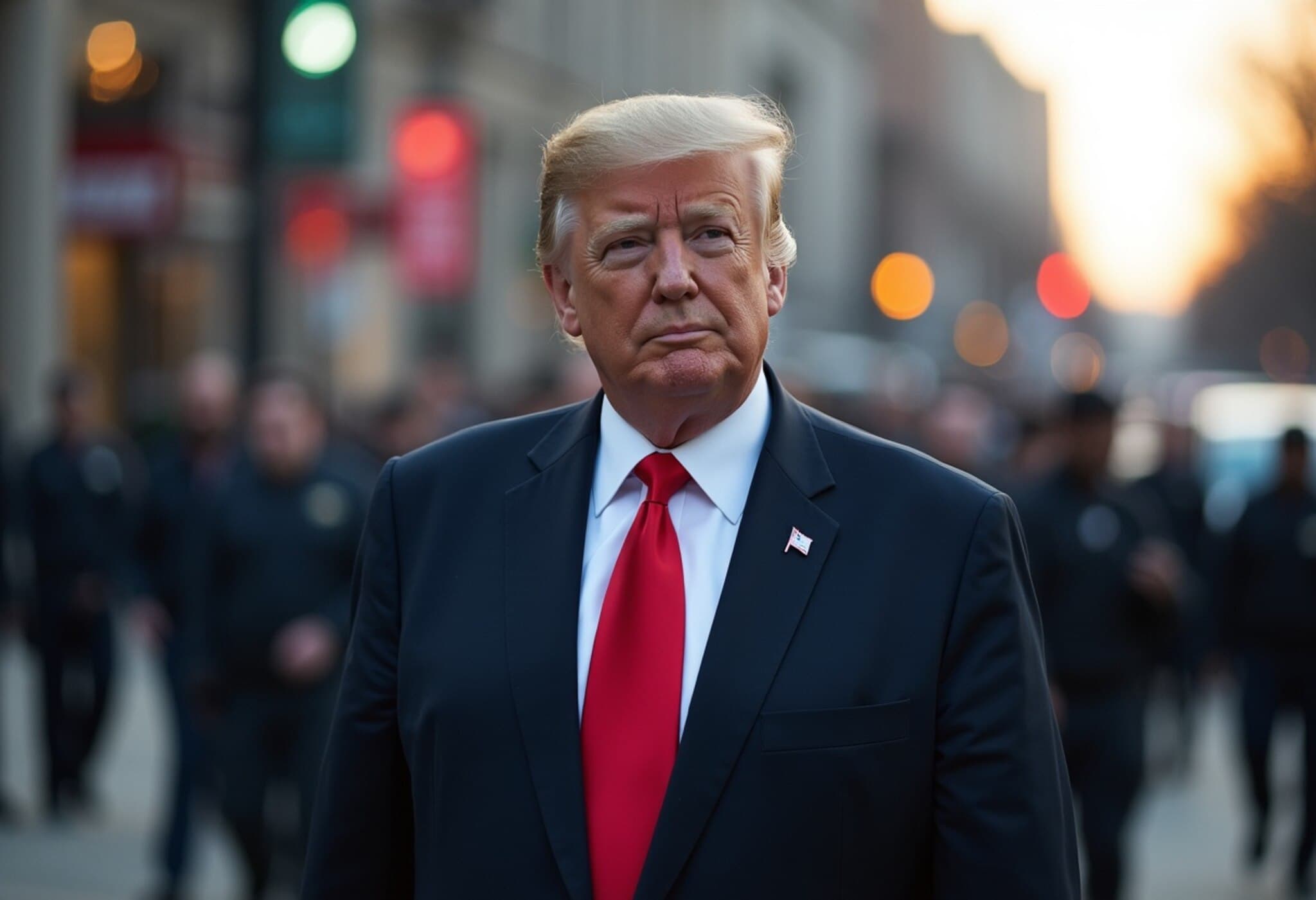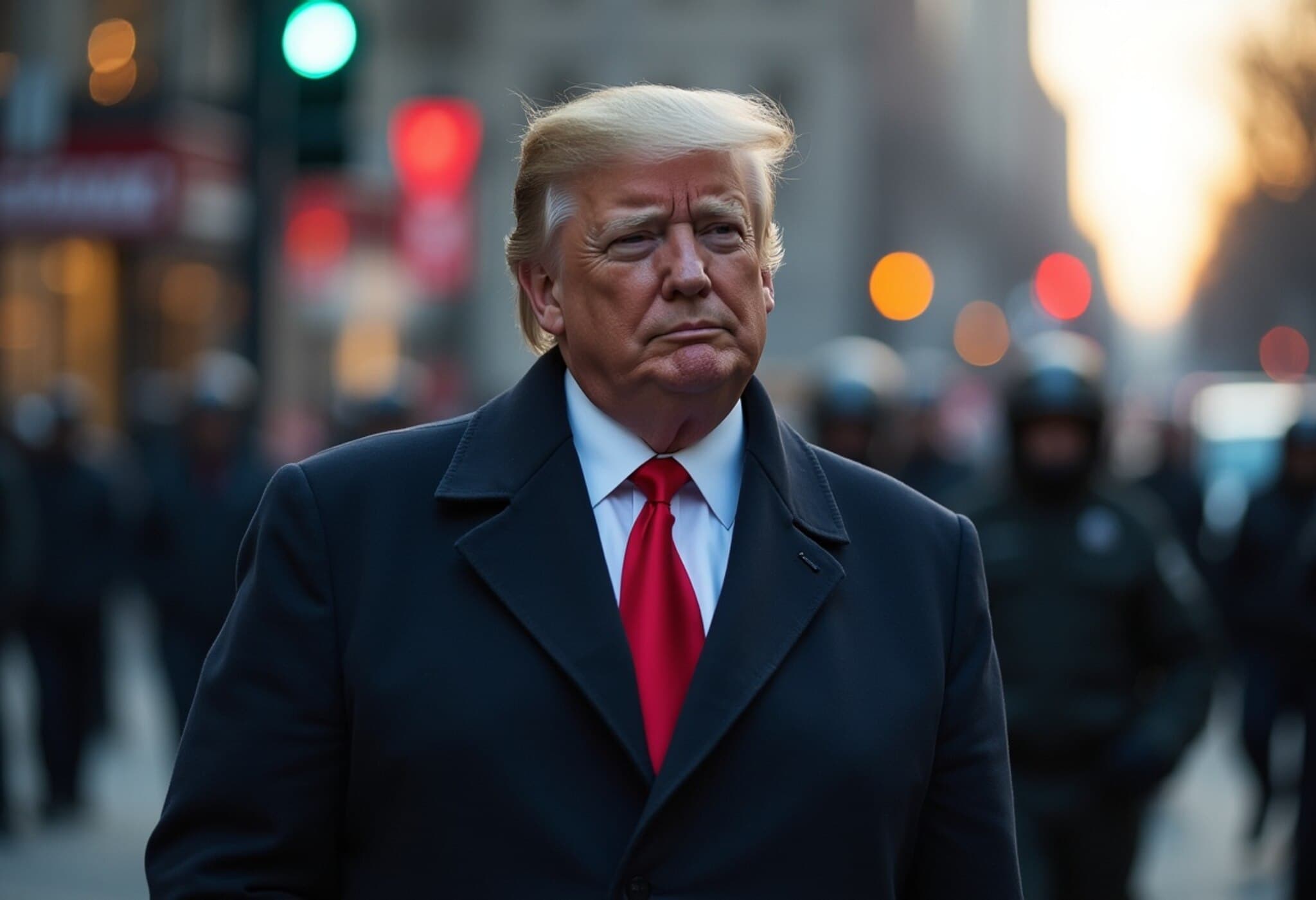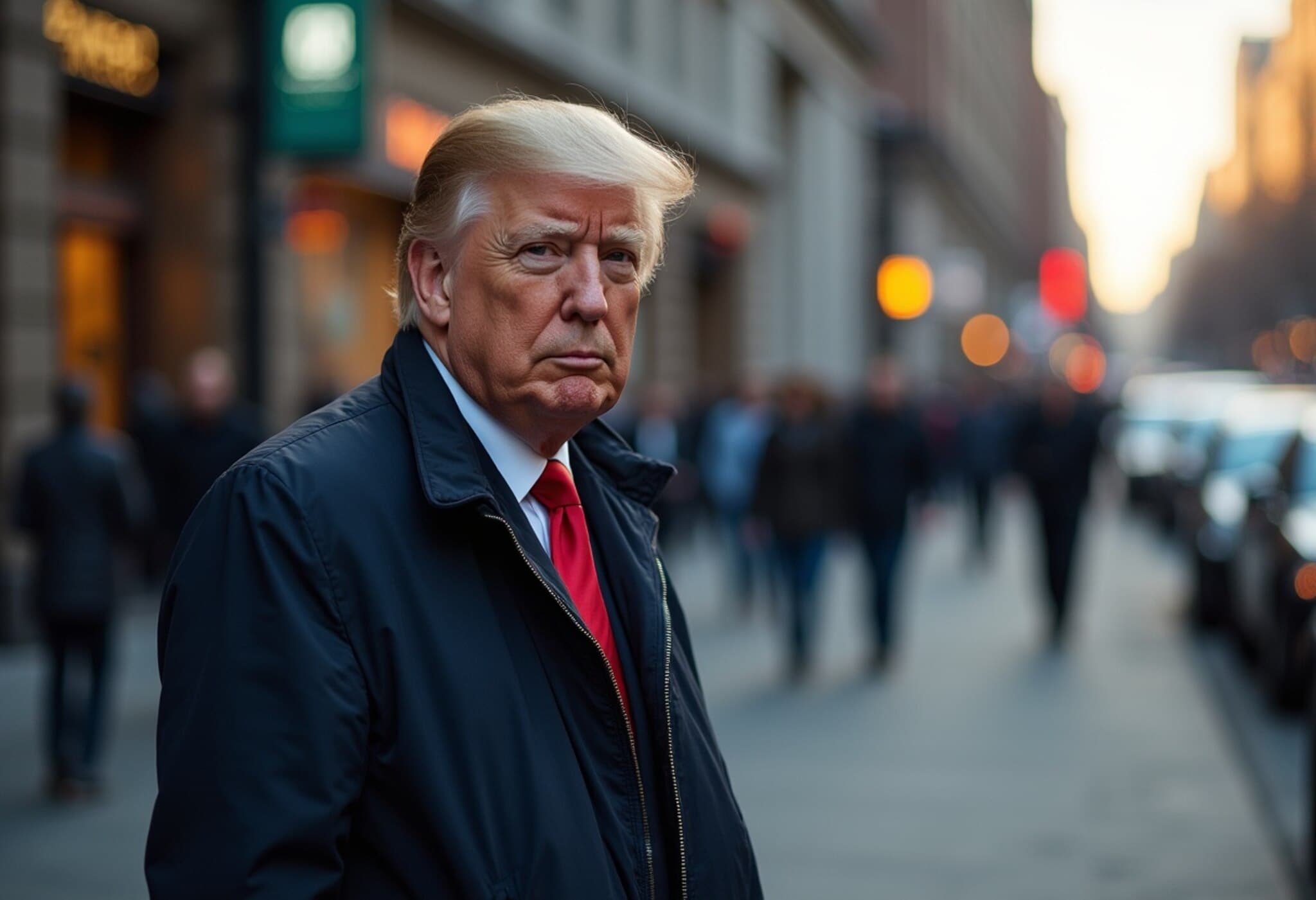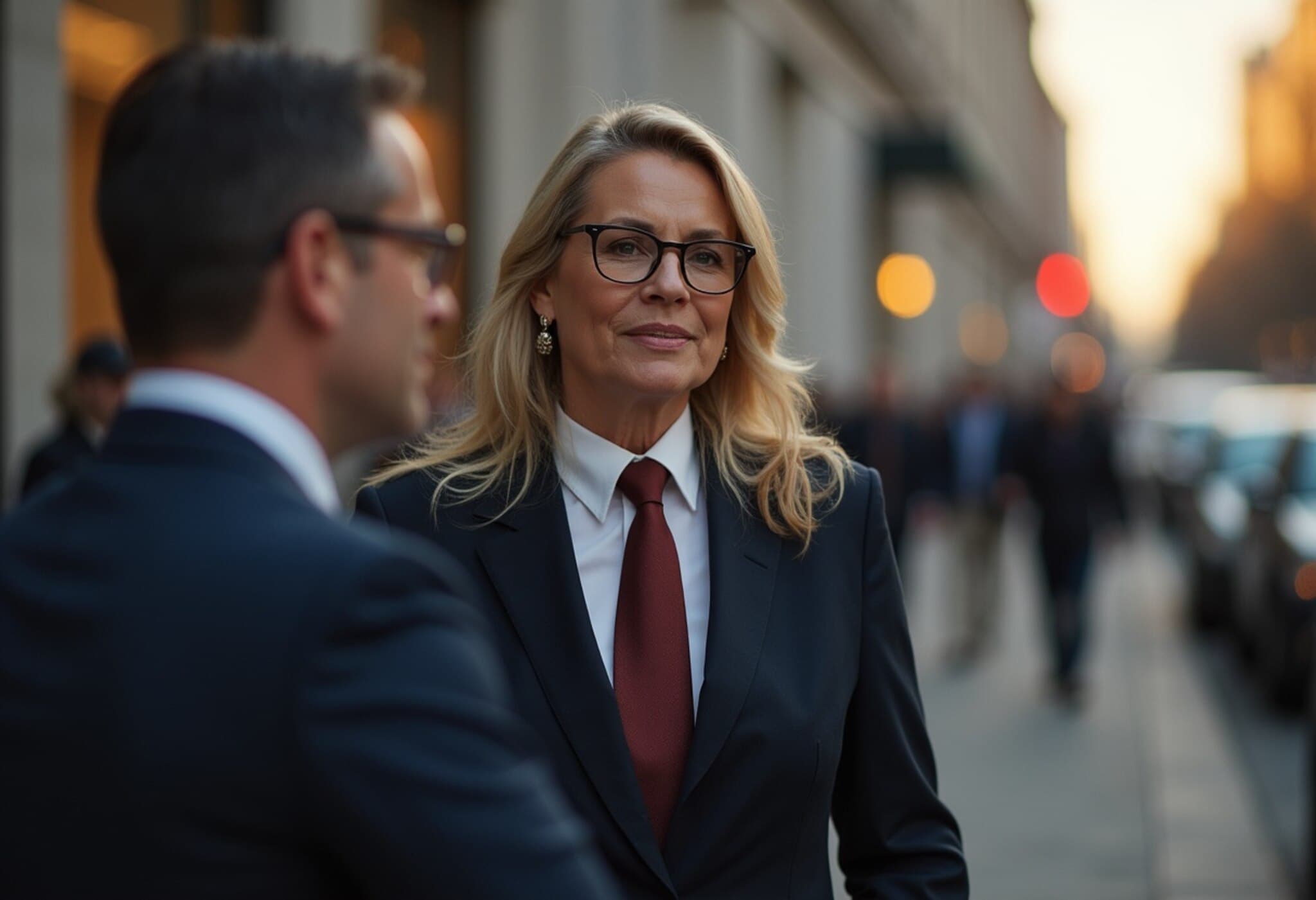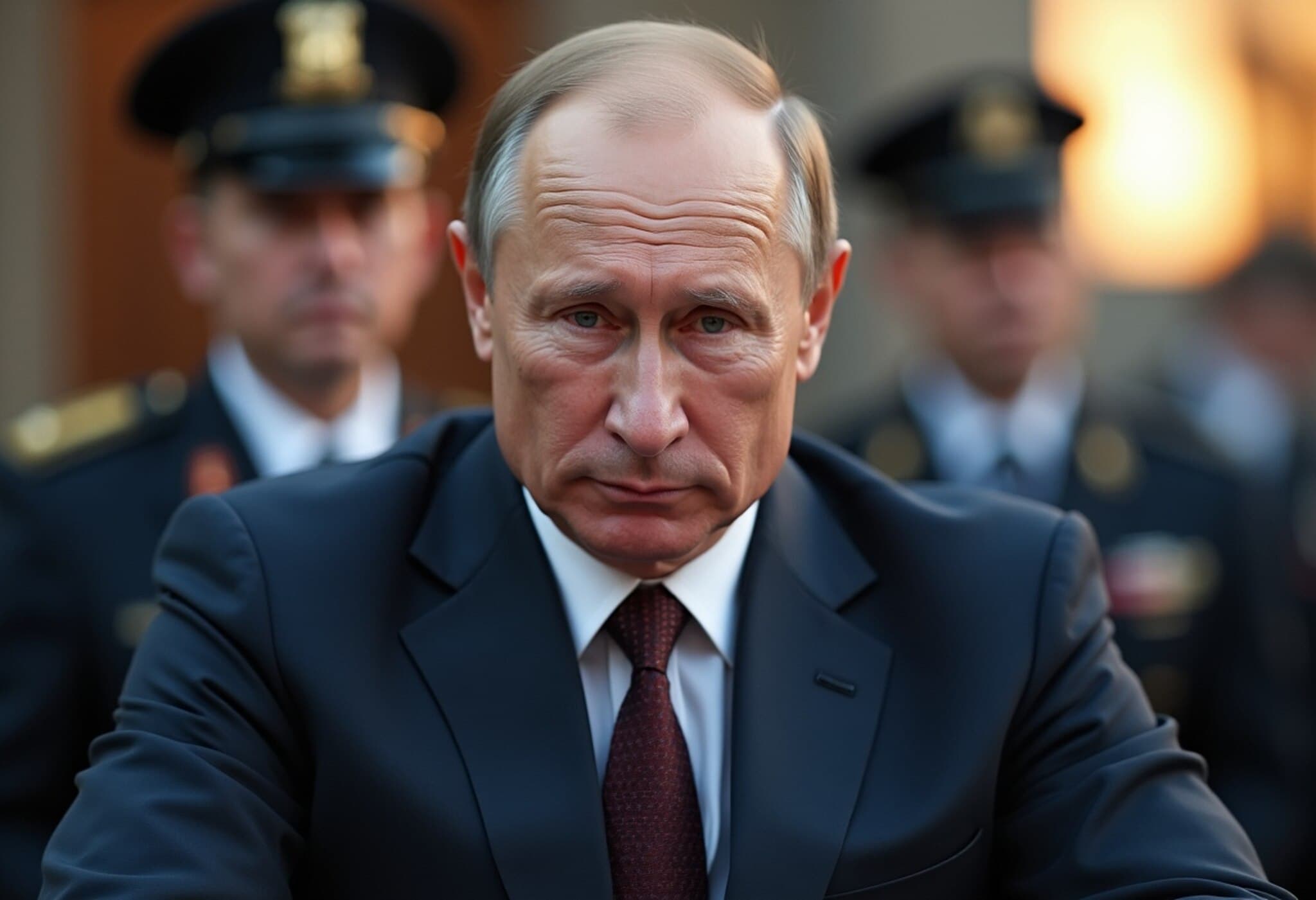Swiss President Karin Keller-Sutter Heads to Washington Amid Rising Trade Tensions
In a dramatic turn of events affecting global trade dynamics, Swiss President Karin Keller-Sutter is traveling to the United States to engage in urgent negotiations aimed at forestalling a steep 39% tariff on Swiss goods. The tariffs, slated to take effect this Thursday, represent a significant escalation in trade barriers imposed by the U.S., threatening to upend decades of economic partnership between the two nations.
High-Stakes Meeting with U.S. Secretary of State Marco Rubio
According to the U.S. State Department’s publicly released schedule, President Keller-Sutter is set to meet U.S. Secretary of State Marco Rubio for a closed-door discussion in Washington at 10:15 a.m. local time. The meeting, expected to last one hour, symbolizes Switzerland's last-ditch efforts to avert the tariffs and preserve crucial market access. Accompanying Keller-Sutter is Swiss Business Minister Guy Parmelin, underscoring the economic gravity of this diplomatic mission.
Though Swiss officials have refrained from commenting on the details or confirming additional talks with other American authorities, the urgency of this visit could hardly be clearer. The looming tariffs pose a direct threat to Switzerland's export-oriented economy, which relies heavily on the United States as its largest overseas market.
The Economic Stakes: Swiss Exports on the Line
The U.S. tariffs target hallmark Swiss exports such as luxury watches, precision machinery, and beloved chocolate products. Such goods have long enjoyed favorable trade conditions with America, but the proposed 39% duty would far exceed import tariffs agreed upon between the U.S. and other major economic partners, including the European Union, the United Kingdom, and Japan.
Industry representatives in Switzerland have expressed deep concern over the potential repercussions. Noe Blancpain, executive board member of the Swiss industry association Swissmem, highlighted the risks: "We greatly appreciate the tireless commitment of the Federal Council and the Federal Administration to find a solution. Thousands of jobs are at stake if these tariffs take effect as planned.”
Contextual Insight: A Test for Transatlantic Trade Relations
This tariff imposition comes amid broader geopolitical shifts and rising economic nationalism globally. The pressure on Switzerland underscores the fragility within international trade networks when diplomatic channels narrow. Market participants and policymakers alike will be watching these talks closely as they may set a precedent for how smaller, export-dependent economies navigate the unpredictable terrain of U.S. trade policies.
From an American policy perspective, the tariffs echo an ongoing strategy to address trade imbalances and protect domestic industries, but at the potential cost of alienating key allies. The Swiss case invites deeper questions about multilateral trade agreements and the efficacy of last-minute diplomatic negotiations under looming deadlines.
What This Means for the Future
- For Switzerland: The stakes involve preserving hundreds of thousands of export-related jobs and maintaining access to critical markets.
- For U.S. Trade Policy: The outcome could influence future tariff decisions with other small but economically significant nations.
- For Global Markets: The move may trigger shifts in supply chains and trade partnerships, especially in high-value sectors like luxury goods and precision manufacturing.
Editor’s Note
This unfolding story is more than a trade dispute—it’s a window into the complex interplay of diplomacy, economics, and national interests in an interconnected world. As Swiss President Keller-Sutter meets with U.S. officials, the critical question remains: will pragmatism steer this confrontation toward compromise, or will protectionist impulses prevail, reshaping the global trade landscape? Watching how smaller economies engage with larger powers amid such high stakes could provide essential insights for businesses and policymakers navigating increasingly uncertain international relations.

